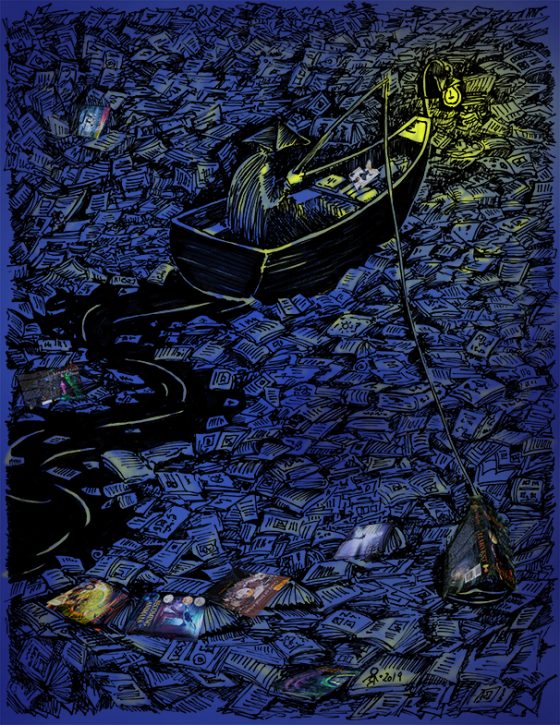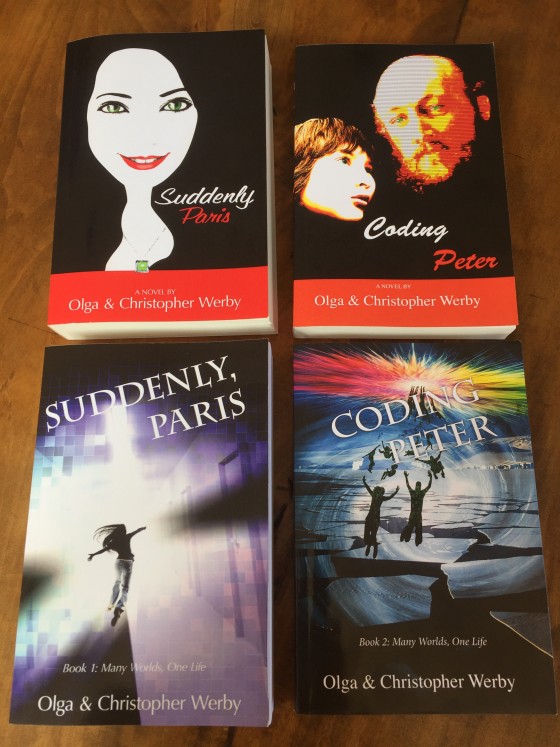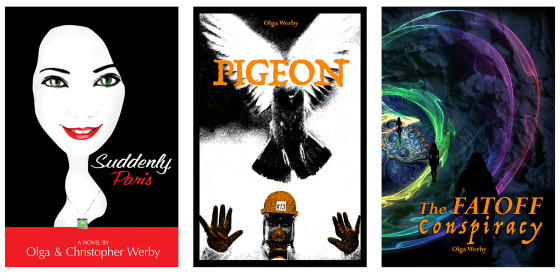
Societies continuously try to recreate themselves — shared holidays, shared news, shared traditions, shared language, shared music, shared myths, shared victories, and shared griefs. Shared origins… So by telling each other stories, we recreate ourselves over and over again. Where do we come from? Where are we going? Who are our heroes? Who are the villains? These stories pass our values as a society from one generation to the next. It’s how we understand each other. “Rosebud.” There was a time where everyone in America knew exactly what that reference was. Now? Nope. “Remember the Alamo!” People still know the phrase, but its meaning — the short cut to meaning that this phrase used to represent — is no longer widely available. Cultural propagation used to be easy when everyone knew everyone else in the small village they all lived. Strangers were either killed or assimilated. People easily recognized “their own.” Sometimes, it was as simple as the way you’d pronounce a word. Such cultural distinctions to divide between “us” and them” are called Shibboleth. Do you drop your p’s or roll your r’s? Do you wear “snickers” or “runners” or “trainers”? Is it “herbs” with an “h” or without?…




